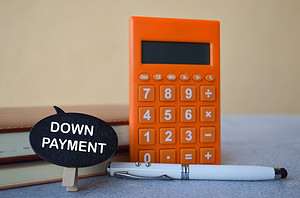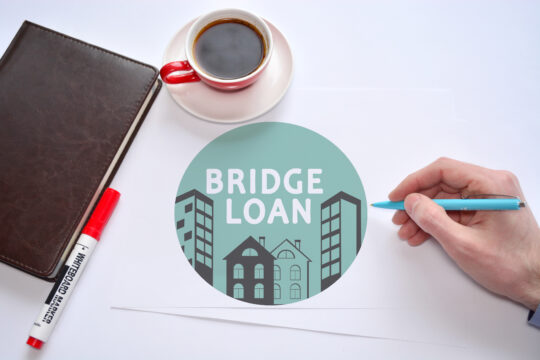Mortgage loans can be registered in various ways, with two common types being standard mortgage charges and collateral charge mortgages. Each serves different purposes and offers distinct advantages and disadvantages for borrowers.
What is a Standard Charge Mortgage?
A standard mortgage charge registers the specific loan amount with the provincial land title or registry office. This registration is limited to the initial mortgage amount and does not extend to any additional loans with the lender. If you wish to borrow more money later, you must go through the process of refinancing, which often involves re-qualifying for a new loan and incurring legal and administrative fees.
One of the benefits of a standard charge mortgage is the flexibility it offers at renewal. Many lenders, particularly those specializing in mortgages like MCAP, First National Financial, and CMLS, allow you to transfer your mortgage to another lender at no cost upon renewal. This means you can take advantage of potentially lower interest rates or even incorporate a Home Equity Line of Credit (HELOC) into your mortgage plan.
What is a Collateral Charge Mortgage?
A collateral charge mortgage not only registers the original mortgage amount but also includes an additional re-advanceable charge. This allows lenders to provide more funds without requiring a full refinance. Collateral charges are particularly useful for borrowers who anticipate needing to borrow additional money during the loan term.
Some lenders offer both standard and collateral mortgage options, and may even provide integrated home financing solutions, such as the Scotia Total Equity Plan (STEP), which combines a mortgage with a line of credit.
For homeowners utilizing a Home Equity Line of Credit, a collateral charge is often in place, allowing for greater flexibility in borrowing. Payments made toward the principal can effectively increase the HELOC limit, making it easier to access funds for other needs, such as credit cards or personal loans.
Pros of Collateral Charge Mortgages
One of the main advantages of collateral charge mortgages is the ability to tap into home equity without the need for refinancing. This can be particularly beneficial for homeowners looking to secure additional funds for various purposes. For those with significant equity and a strong financial profile, collateral charges can provide a straightforward way to access capital without incurring extra costs.
Cons of Collateral Charge Mortgages
However, collateral charges also come with potential drawbacks. Many borrowers worry about the costs associated with switching lenders at renewal time, believing that these loans can lead to expensive transitions. While this was historically the case, the current competitive mortgage market has changed the landscape. Many lenders now offer incentives, such as no-cost switching programs, especially for borrowers with good credit histories.
Another concern is that some lenders may register the mortgage for more than just the original loan amount—up to 125% of the appraised value. This practice raises questions about potential issues if home values decline, leaving borrowers with a mortgage balance that exceeds their home’s value.
Furthermore, because a collateral charge acts as a lien on your property, it can incorporate other credit lines with the same lender. This means that if you default on any of these loans, the lender can claim equity from your home, adding another layer of risk.
The Importance of Understanding Your Options
In recent years, there has been increased scrutiny around the transparency of collateral charge mortgages. Financial experts often recommend that borrowers avoid consolidating all their banking and credit services with one institution to minimize risk and maintain flexibility.
Related Article: Utilize Your Homes Equity To Reach Your Goals Quicker!
Ultimately, collateral charge mortgages can be advantageous if used wisely. As lenders increasingly register collateral charges, understanding their implications is essential for making informed decisions about your mortgage. By evaluating your financial situation and future borrowing needs, you can choose the mortgage registration type that best aligns with your goals.
CBC Marketplace: Uneasy Money | Originally broadcast February 27, 2015



